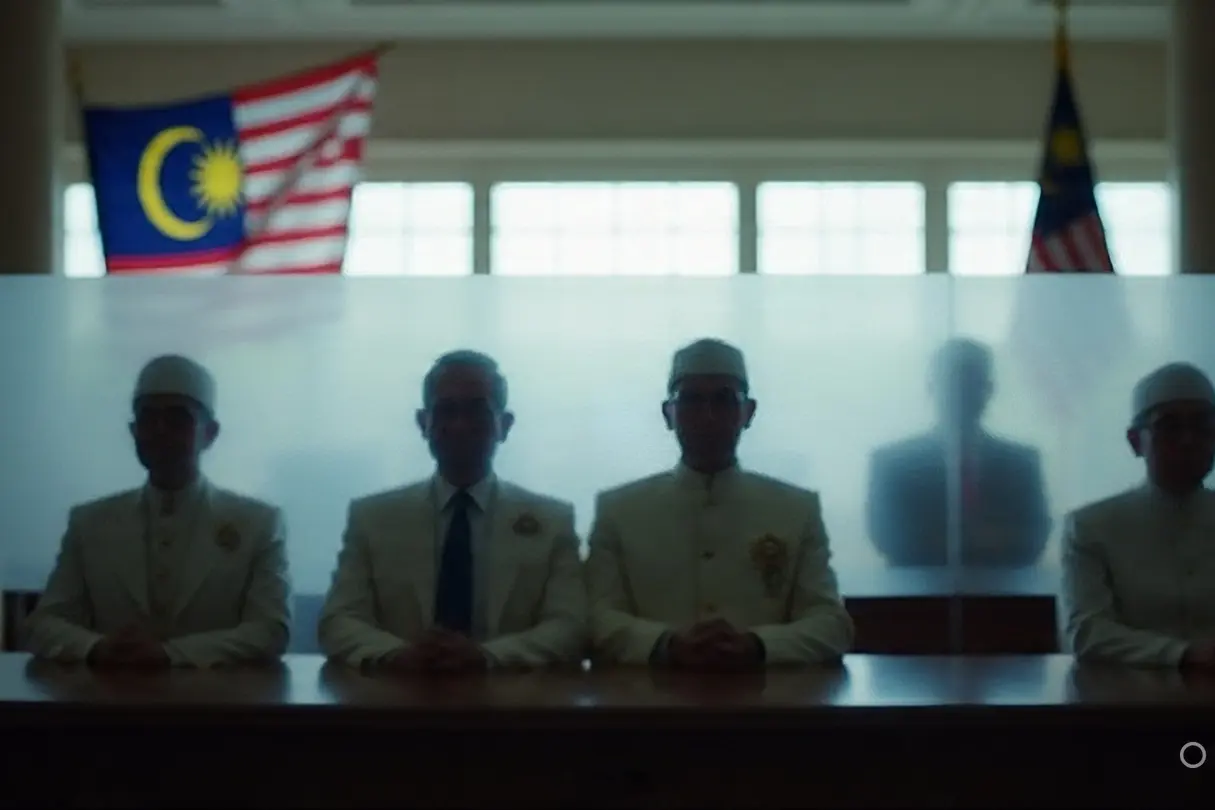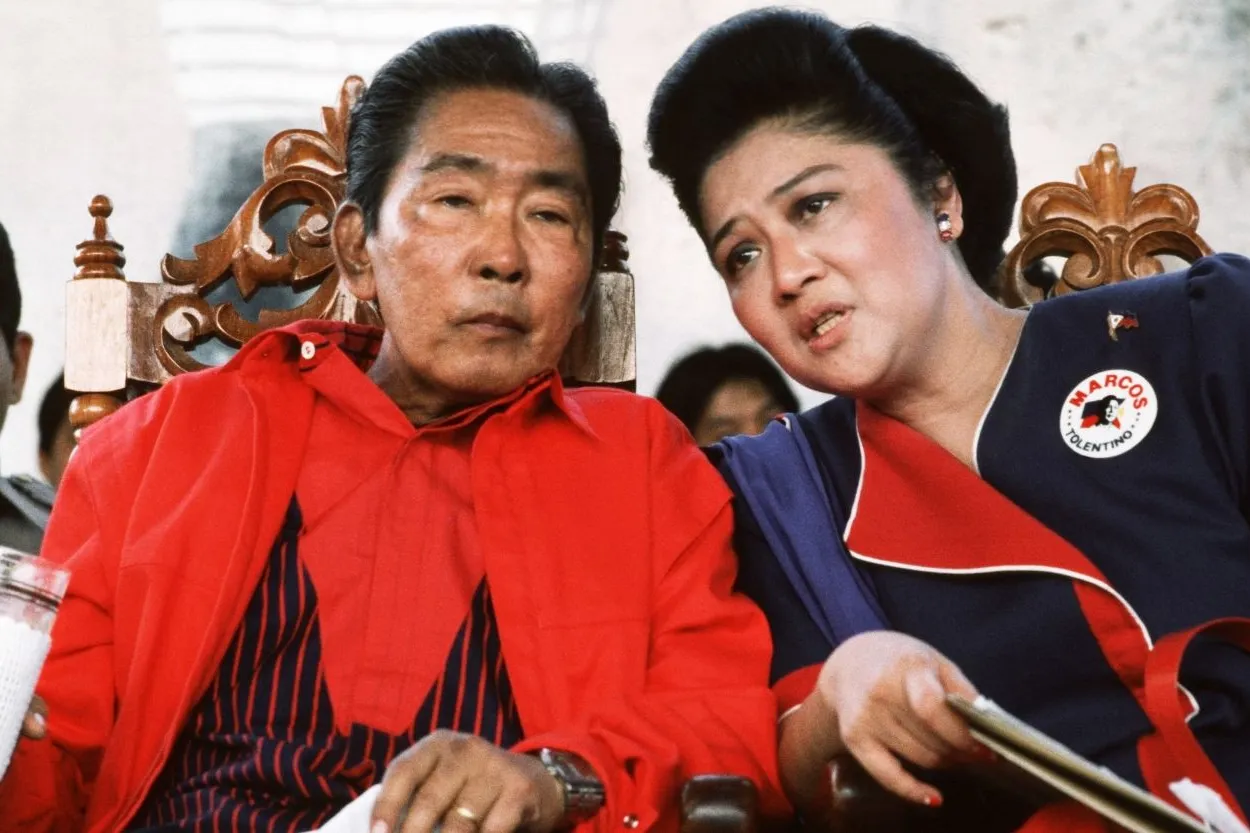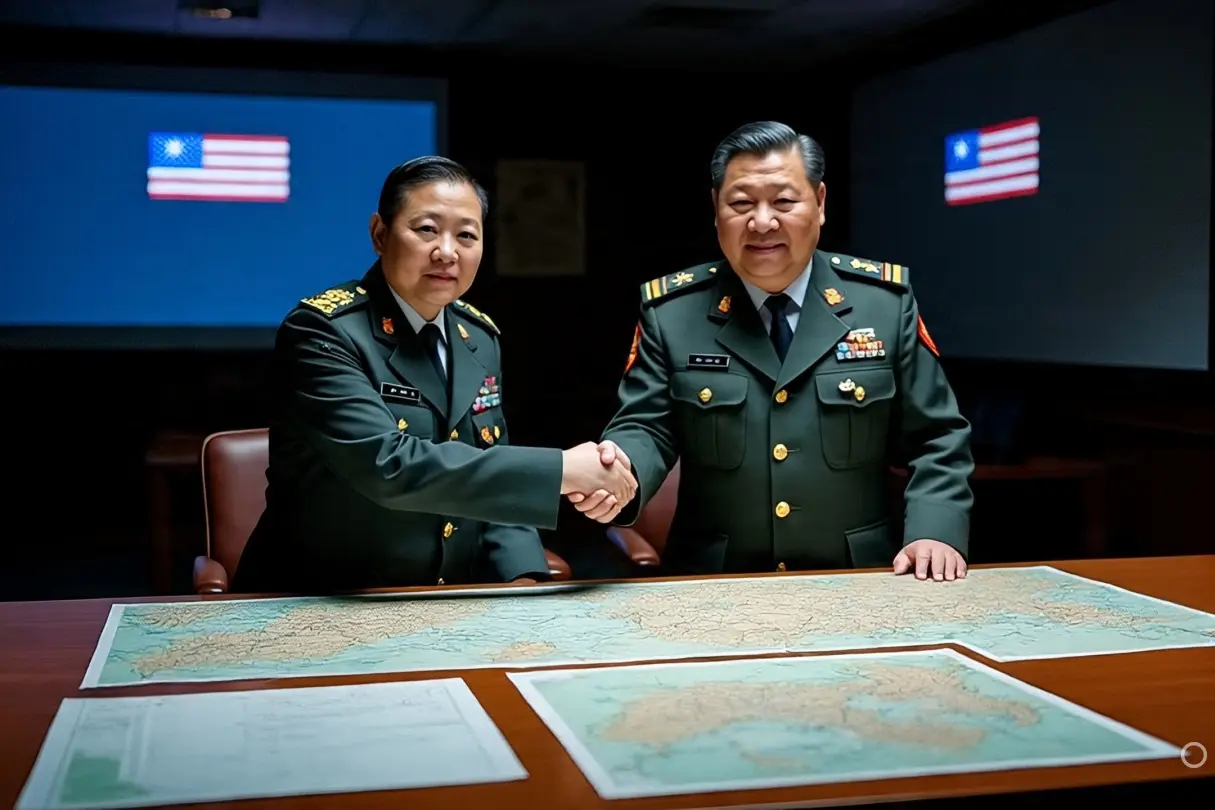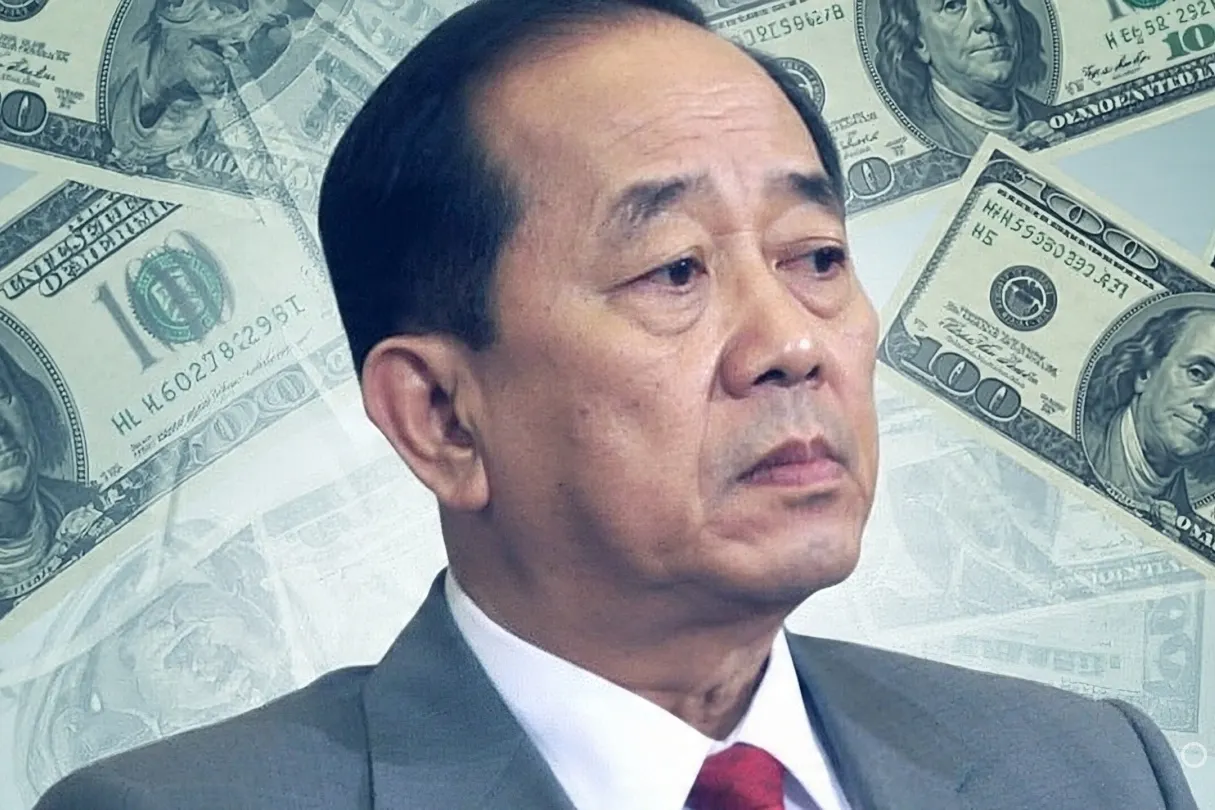🇲🇾 What the Constitution Really Says
Malaysia’s system is a constitutional monarchy. On paper, the Yang di-Pertuan Agong—Malaysia’s king—has limited powers, mostly ceremonial, with governance handled by an elected parliament and prime minister. The king acts on the advice of the prime minister or cabinet in most cases. But this legal structure also grants the monarch key discretionary powers in times of crisis, such as appointing the prime minister, dissolving parliament, and declaring emergencies.
This built-in flexibility has raised concerns about how “ceremonial” the monarchy really is. Technically within bounds, royal actions during political deadlocks have occasionally revealed an influence far beyond ribbon-cutting.
🔍 Royal Interventions That Stirred Debate
Several events in recent Malaysian history sparked public debate about the monarchy’s actual role. One of the most significant came during the 2020 political crisis known as the “Sheraton Move.” When the ruling Pakatan Harapan coalition collapsed, the king interviewed all 222 members of parliament to determine who commanded majority support. He eventually appointed Muhyiddin Yassin as Prime Minister, even as critics argued that the selection process lacked transparency and public input.
Another instance came in 2021, when the king openly rebuked Prime Minister Muhyiddin’s government for misleading parliament about the revocation of emergency ordinances. It marked an unusual public confrontation, rare in a monarchy that traditionally avoids overt political critique.
📊 Key moments of perceived royal influence:
- 🔷 2009: In Perak, the sultan refused to dissolve the state assembly, effectively ousting a sitting chief minister
- 🔷 2018: Rumors swirled around royal reluctance to appoint Mahathir Mohamad after a surprise electoral win
- 🔷 2020: The Sheraton Move and appointment of Muhyiddin without a general election
- 🔷 2021: The king’s statement questioning the legality of emergency ordinances
While each event can be interpreted within legal bounds, public perception often leans toward suspicion that the palace exercises quiet veto power or nudges outcomes during times of instability.
🧑⚖️ What Analysts and Legal Experts Say
Legal scholars are divided. Some argue the monarch’s involvement is entirely constitutional, especially during periods of uncertainty where the law requires royal discretion. Others say these moments expose loopholes where tradition, interpretation, and politics collide.
Political analysts often view these actions through a different lens—suggesting that royal interventions serve as a check against elected officials who veer too far from consensus or who threaten elite interests. In Malaysia’s multi-ethnic, coalition-heavy politics, stability is a precious commodity. The monarchy, some argue, becomes a behind-the-scenes broker of that stability.
💬 Public opinion is mixed:
- 🤔 Some Malaysians see the monarchy as a stabilizing force during chaos
- 😑 Others view royal decisions as elitist meddling that undermines democracy
- 🙏 Many support royal figures personally, even as they question their political roles
👀 Secret Influence or Elite Preservation?
One theory posits that Malaysia’s monarchy functions not just as a constitutional figurehead, but as a guardian of elite continuity. This theory suggests that royal influence aligns with wealthy business interests, top military brass, and political power blocs to preserve a certain status quo.
Supporters of this theory often cite the opaque nature of government-royal interactions. Discussions between monarchs and party leaders happen behind closed doors, with little public insight. Statements released to the media are tightly worded and ceremonial, leaving room for speculation.
According to some observers, the monarchy’s influence becomes most visible during leadership transitions. Whether it’s a sudden resignation, a no-confidence motion, or a shifting coalition, the king’s choice of prime minister often shapes the trajectory of national politics—without the ballot box being involved.
📈 Examples that reinforce the theory:
| Political Event | Role of Monarchy | Public Reaction |
|---|---|---|
| Sheraton Move 2020 | Appointed PM without election | Accusations of bypassing voters |
| Emergency declaration 2021 | Backed by monarchy | Viewed as undermining parliamentary debate |
| State leadership changes | Royal discretion in appointments | Mixed approval, online skepticism |
🤔 Is It Just a Theory, or Something More?
The evidence isn’t conclusive, but the pattern of royal involvement during pivotal political events keeps the theory alive. While the monarchy may act within its constitutional mandate, the sheer frequency and impact of these actions prompt questions about the spirit versus the letter of the law.
In Malaysia’s digital age, where every move is dissected on Twitter and Facebook, even silence from the palace can speak volumes. Lack of transparency fuels speculation, and speculation fuels distrust.
🧠 What It Says About Democracy in Malaysia
Whether you believe the monarchy is a stabilizer or a shadow power, the recurring public debate speaks to deeper questions about democracy, authority, and modern governance in Malaysia.
Can a constitutional monarchy coexist with full democratic ideals? Or does inherited authority inevitably tilt the playing field, even subtly?
Ultimately, the discussion around royal influence reveals more than palace secrets—it reveals how Malaysians interpret power, trust institutions, and define legitimacy in an evolving political landscape.




